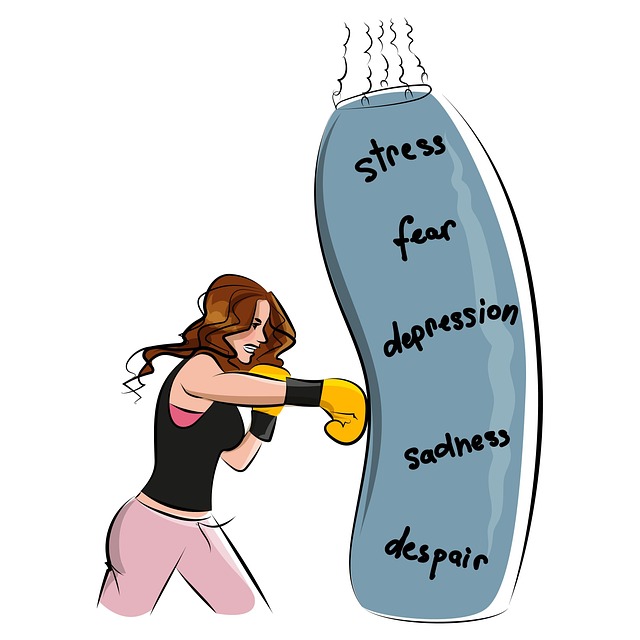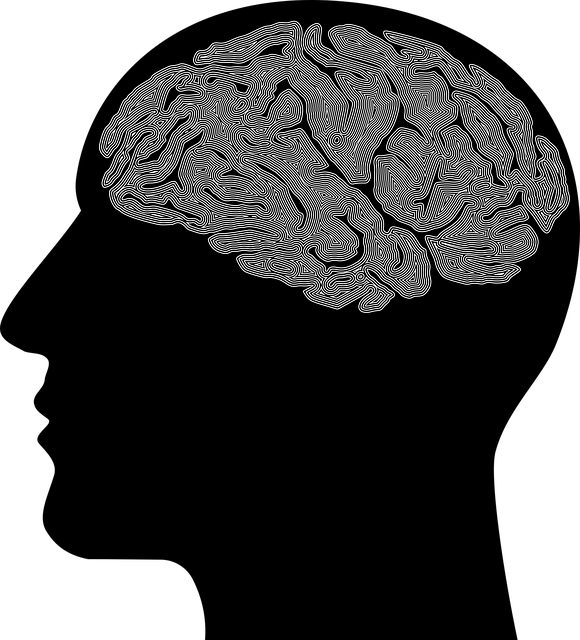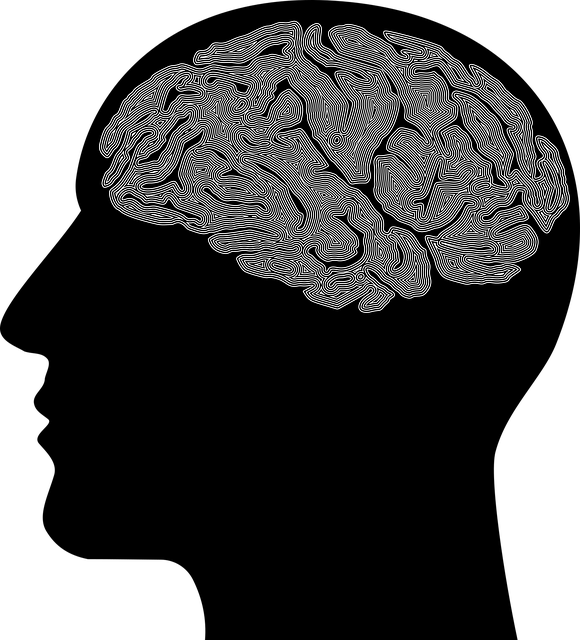Denver Gambling Therapy leverages the RFM (Risk, Frequency, Motivation) framework to tailor interventions based on individual gambling behavior, from occasional play to addiction. This approach guides crisis interventions for high-risk individuals and promotes stigma reduction, confidence-boosting exercises, and resilience-building activities for others. By combining group discussions, mindfulness, creative arts, and cognitive reframing workshops, the therapy empowers clients with lasting coping strategies aligned with broader mental health policies, fostering holistic well-being through evidence-based recovery-focused motivation.
“Resilience is a cornerstone of recovery, especially in treating gambling disorders. This article explores the powerful synergy between RFM (Recovery Capital Model) and resilience building exercises in Denver gambling therapy. We’ll delve into how understanding RFM enhances therapeutic outcomes, design effective exercises to bolster resilience, and discuss implementing RFM for lasting recovery. By combining these strategies, Denver-based therapists can empower individuals on their path to overcoming gambling disorders.”
- Understanding RFM and Its Role in Denver Gambling Therapy
- Designing Effective Resilience Building Exercises
- Implementing RFM for Long-Term Recovery in Gambling Disorders
Understanding RFM and Its Role in Denver Gambling Therapy

In the realm of Denver Gambling Therapy, Understanding Risk, Frequency, and Motivation (RFM) is pivotal. This framework helps therapists gain profound insights into an individual’s gambling behavior patterns, enabling them to tailor interventions effectively. RFM analysis identifies clients at varying risk levels, from occasional players to those engaging in problematic or addictive gambling. By assessing the frequency of their gambling activities and underlying motivations, therapists can deliver more targeted treatments.
For instance, crisis intervention guidance might be necessary for individuals with high-risk profiles, focusing on immediate support and strategies to mitigate urges. On the other hand, Mental Illness Stigma Reduction Efforts and confidence-boosting exercises can empower clients who gamble as a coping mechanism to develop healthier alternative responses. RFM thus serves as a dynamic tool in Denver Gambling Therapy, fostering personalized resilience-building exercises for comprehensive recovery.
Designing Effective Resilience Building Exercises

When designing resilience building exercises, it’s crucial to tailor activities that cater to the unique needs and challenges faced by individuals in Denver Gambling Therapy settings. Effective exercises should not only address symptoms but also empower participants with long-lasting coping strategies. Incorporating a variety of interactive methods, such as group discussions, mindfulness practices, and creative outlets, ensures engagement and caters to different learning styles. For instance, structured activities like cognitive reframing workshops can help individuals challenge negative thought patterns associated with gambling, fostering mental agility and resilience.
In the context of Mental Health Education Programs Design, these exercises should be meticulously crafted to support holistic well-being. Encouraging self-care routine development for better mental health is integral to the process. By integrating activities that promote stress management, emotional regulation, and healthy lifestyle choices, participants gain practical tools for navigating life’s challenges beyond the therapy setting. This approach aligns with broader Mental Health Policy Analysis and Advocacy efforts by emphasizing the importance of community-based resilience building as a preventive measure for mental health issues.
Implementing RFM for Long-Term Recovery in Gambling Disorders

Implementing RFM (Recovery Focused Motivation) can significantly enhance long-term recovery for individuals struggling with gambling disorders. This evidence-based approach goes beyond traditional therapy by addressing the underlying motivations and triggers that contribute to compulsive gambling behaviors. By focusing on an individual’s resilience, RFM helps them develop coping strategies that promote positive thinking and emotional well-being, even in challenging situations.
Denver Gambling Therapy incorporates RFM as part of its comprehensive trauma support services, recognizing that recovery is a journey that requires ongoing commitment and self-care. Through tailored exercises designed to strengthen resilience, individuals gain the tools necessary to navigate triggers, manage cravings, and foster healthy habits, ultimately paving the way for lasting change.
The integration of RFM (Recovery Focused Motivation) and resilience-building exercises into Denver gambling therapy offers a comprehensive approach to treating gambling disorders. By understanding an individual’s motivation and designing tailored activities, therapists can empower clients to develop long-term coping strategies. This method enhances the effectiveness of treatment, fostering a stronger sense of resilience that extends beyond the therapy room. With consistent implementation, RFM has the potential to revolutionize Denver gambling therapy, providing individuals with the tools to navigate challenges and embrace lasting recovery.














